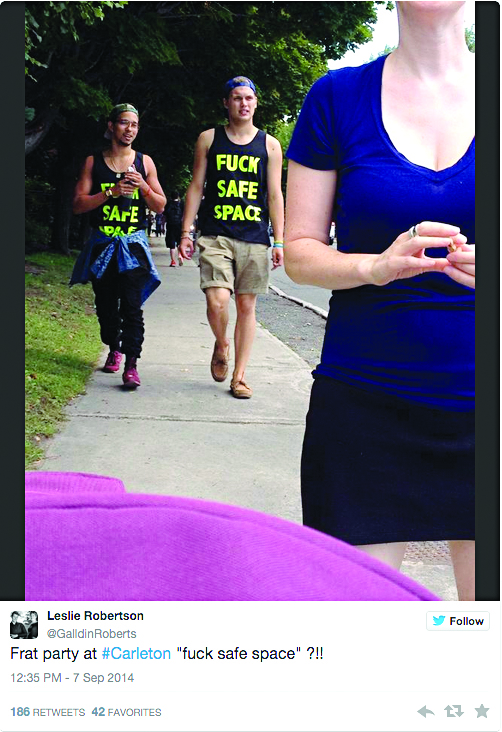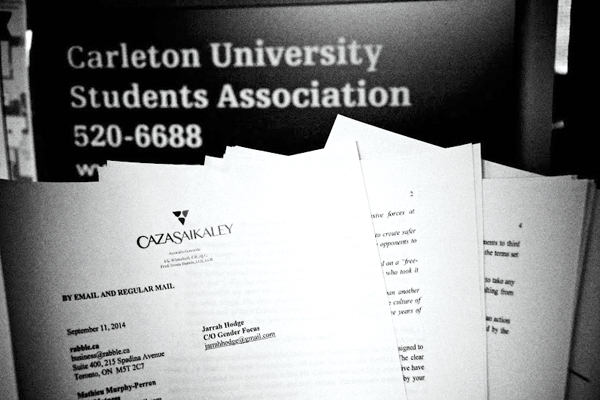Photo by HenryTye Glazebrook
SASKATOON (CUP) — Citing a number of concerns, including budgetary spending, lack of transparency in governance as well as a mishandling of her position, a group of graduate students from the University of Saskatchewan issued a motion of non-confidence on Oct. 28 toward Izabela Vlahu, president of the Graduate Students’ Association (GSA).
Supported by 13 people, the motion was brought before GSA councillors during a special general meeting scheduled for Nov. 17.
Should the motion of non-confidence fail to garner enough votes from council, the group of graduate students also has the option of organizing a referendum to impeach Vlahu. Such a referendum may be received at any time by council, and would require supporting signatures from a minimum of two per cent of GSA members.
The Sheaf obtained a copy of an email drafted by the group outlining 12 specific reasons for their pursuit of the motion, with accompanying supportive documents attached alongside some further general complaints.
Though their problems with Vlahu’s leadership are many, the group’s areas of greatest worry appear to be those concerning the spending of GSA finances, including the costs associated with U-Pass implementation and executive travel, and general accusations of poor governance.
Click here for the original story from the Sheaf
A referendum set during the winter of the 2013–14 academic year saw graduate students voting in favour of a $3 increase to their student fees in order to cover the costs of the U-Pass for the following academic year. It was an amount budgeted for one month’s worth of in-office staff to assist graduate students in picking up their U-Pass and for appropriate promotion of the new service.
The group alleges Vlahu unilaterally shortened the time span for U-Pass pickup from four weeks to only nine days, and that regular GSA office staffers have been paid out of the U-Pass budget line. They also say $1,700 in office equipment was purchased with no recorded voting from the GSA executive.
A lack of appropriate minute-taking in executive meetings is another point of contention for the group. The GSA executive minutes, available on the association’s website, confirm that voting on issues has by-and-large not been recorded. Though the GSA executive does not appear to follow Robert’s Rules of Order, current vice-president of student affairs Chakravarty said the lack of voting is indicative of Vlahu’s leadership style and not procedural process.
“There were never any votes. She just informs,” Chakravarty said. He also expressed concern that the minutes may not be an accurate reflection of what occurs during executing meetings.
“I, as an executive, do not have faith in the minutes anymore, because I sort of feel the minutes are being tampered with… There are items in the minutes which I asked four different executives, ‘Did we actually discuss this?’ and they had no memory of it. That creates extreme suspicion of the fact that we don’t discuss stuff in the minutes and she just adds them.”
Vlahu did not respond to the Sheaf’s requests for comment.






